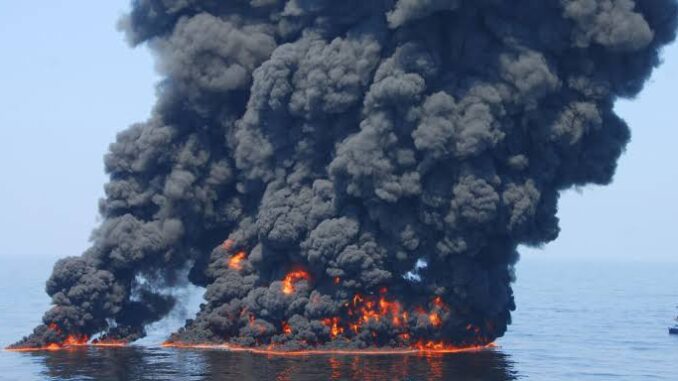
Oil Exploration at the Mouth of the Amazon: A Threat to Biodiversity and Indigenous Communities”
The potential for oil exploration at the mouth of the Amazon River has ignited widespread controversy due to its potential environmental and social repercussions. The region, known for its rich biodiversity and ecological significance, is one of the most delicate ecosystems in the world. This area is home to unique wildlife, including endangered species, and is the lifeblood for numerous indigenous communities who have lived in harmony with the land for centuries.
Environmentalists and scientists are particularly concerned about the devastating impact that oil exploration could have on this vital ecosystem. The Amazon rainforest is often referred to as the “lungs of the Earth” because it plays a crucial role in regulating the planet’s climate by absorbing large amounts of carbon dioxide. Any disruption in the region could have irreversible effects on global climate change. Oil drilling risks both the physical degradation of the rainforest and the release of harmful emissions from oil extraction, which can pollute the air, water, and soil.
Furthermore, the proposed exploration site is close to the territory of several indigenous groups who depend on the rainforest for their survival. The interference of oil companies could lead to the displacement of these communities and threaten their way of life. For many indigenous people, the forest is not just a home; it is sacred land that they have preserved for generations. Indigenous leaders have raised their voices against the potential exploitation of their land, fearing that the arrival of oil companies will lead to conflict and loss of culture.
Global Debate Over Oil Exploration at the Mouth of the Amazon: Economic Gains vs. Environmental and Ethical Concerns”
The decision to explore oil at the mouth of the Amazon River has sparked a global debate that pits economic interests against the need for environmental conservation and ethical responsibility. Proponents of oil exploration argue that extracting oil from the region could boost Brazil’s economy, create jobs, and provide much-needed revenue. Oil is a significant contributor to the country’s economy, and the discovery of new reserves could enhance energy security for Brazil and its neighboring countries.
However, critics contend that the short-term economic benefits do not outweigh the long-term environmental and social costs. Oil drilling is often associated with environmental disasters such as oil spills, deforestation, and pollution of the surrounding ecosystems. In the case of the Amazon, any damage could have global repercussions, given the region’s importance in regulating the Earth’s climate. Deforestation and habitat destruction could accelerate the loss of biodiversity, with many species facing the risk of extinction.
Moreover, the ethics of exploiting such a precious and ecologically significant area are under intense scrutiny. The Amazon has long been a symbol of the fight against climate change, and its destruction would send a harmful message to the world about prioritizing profit over the planet’s well-being. Global environmental organizations and activists are calling for a halt to the exploration, urging Brazil’s government to reconsider the decision in light of international agreements on climate action and sustainability.
The controversy surrounding oil exploration at the mouth of the Amazon represents a broader global dilemma: balancing economic development with the urgent need for environmental protection. It also raises the question of how much control local communities and indigenous peoples should have over their land and resources, particularly when these areas are subject to international interest. As the situation continues to evolve, it remains to be seen whether economic benefits will prevail or if environmental and ethical considerations will ultimately guide policy decisions.
Leave a Reply